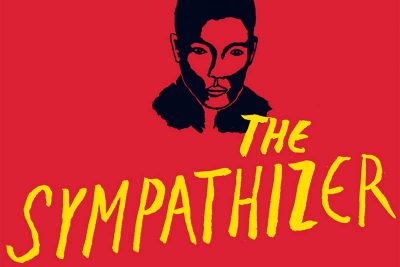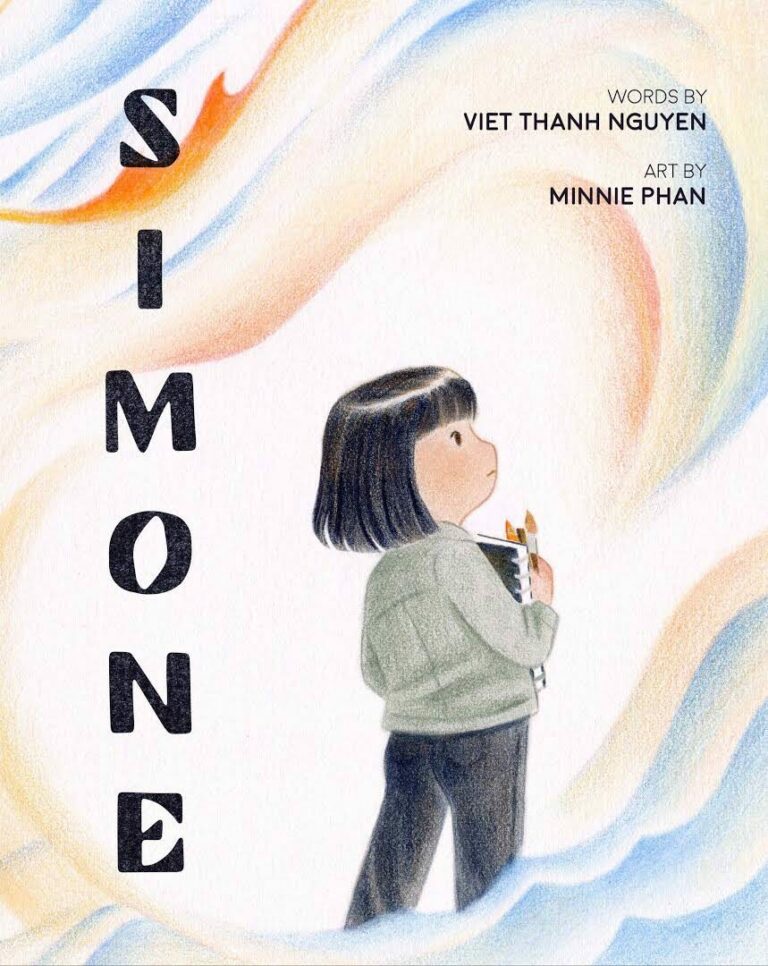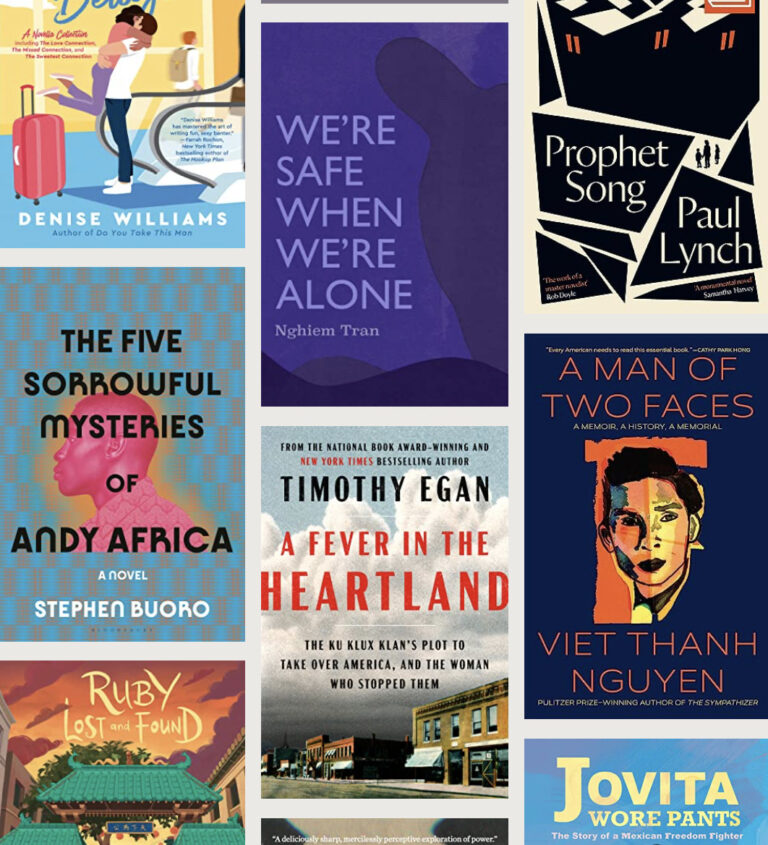Uzair M. Younas reviews The Sympathizer by Viet Thanh Nguyen. Originally published on The News on Sunday.

While the war in Vietnam has ended and Vietnamese refugees and immigrants have found their place in America; Syrians, Iraqis, and Afghans are today’s silent performers.
“I am a spy, a sleeper, a spook, a man of two faces. Perhaps not surprisingly, I am also a man of two minds. I am not some misunderstood mutant from a comic book or a horror movie, although some have treated me as such. I am simply able to see any issue from both sides.” And so begins Viet Thanh Nguyen’s debut novel, The Sympathizer, a multifaceted novel that does not shy away from its ultimate goal: to hold no punches while reimagining a war whose stories have been largely told from perspective of the US.
A nameless yet memorable character, known only as the Captain, narrates his story through his political confession. He is an illegitimate son to a French Catholic priest and a teenage Vietnamese villager. Rejected by his father, cast aside by his Vietnamese kin, and only loved by his unfortunate mother, he has walked a fine line between East and West from birth. This experience in his formative years made him what he is today: a double-agent who is naturally suited to espionage.
The Captain walks a similarly thin line when it comes to his friendships as well. His closest friends are Bon, an assassin in the Central Intelligence Agency’s (CIA) Phoenix program, and Man, the narrator’s handler. All three were high school classmates and became blood brothers during that period.
As a trusted aide to a general with strong links to the CIA, he has a front row seat to the 1975 fall of Saigon, when South Vietnamese and their American allies from all walks of life desperately escaped the city. The high tempo established during the first few pages of this book draw the reader in. By the time the Captain, Bon, who lost his child and wife on the tarmac, and the General and his family are in the US, you would not want to put this book down.
What is so special about this book is that the drama and tragedies it describes in the context of the Vietnam War continue to play out today.
The life of refugees and immigrants in the US during the 70s and 80s is described in all its vivid detail. You have the foreign face behind the cash register, the smelly food and the weird accents of the new foreigners, and the conflicts between generations as the immigrants’ progeny embrace the traditions, clothes, and values of their adopted homeland. The narrator, given his previous education in the US is better equipped to survive in this new environment, where he finds himself “in close quarters with some representative specimens of the most dangerous creature in the history of the world, the white man in a suit”.
Amidst all this, the war is not over and the trusted Captain and his best friend and lethal assassin Bon, must continue to follow the General’s orders to root out subversives and informants within their community. He participates in two assassinations to maintain his cover while maintaining communications with Man by writing letters with coded messages in invisible ink to an Aunt in Paris.
To make some extra money and add a sense of reality to the propaganda efforts of Hollywood, the narrator also becomes an advisor to a director making a movie about the Vietnamese war. This is one of the most fascinating parts of the book as the author lands one blow after another over the way Hollywood depicts foreign countries. He “pitied the French for their naïveté in believing they had to visit a country in order to exploit it. Hollywood was much more efficient, imagining the countries it wanted to exploit.” Given Hollywood’s portrayal of the ongoing wars in Iraq and Afghanistan, it is safe to say that not much has changed.
Funded by American dollars, the General sends a small team of former soldiers to Thailand in what is surely a suicide mission. The narrator’s allegiance to Bon forces him to join the mission despite Man’s dire warnings. I will not give away the rest, but will say that from here on out the novel takes a dramatic turn and every page becomes a riveting but dark exploration of war and the demons it can let loose.
What is so special about this book is that the drama and tragedies it describes in the context of the Vietnam War continue to play out today. While the war in Vietnam has ended and Vietnamese refugees and immigrants have found their place in America; the Syrians, Iraqis, and Afghans, to name a few, are the silent performers today. The stories of wars raging in their homelands are told in books and movies written and produced in the West, but like the extras in an auteur’s movie, they are silent observers who only yell and scream when they are killing or about to be killed. At the end of it all, the narrator’s realisation rings true for all of us, which is that never-ending wars “fought for independence and freedom could make those things worth less than nothing”.


